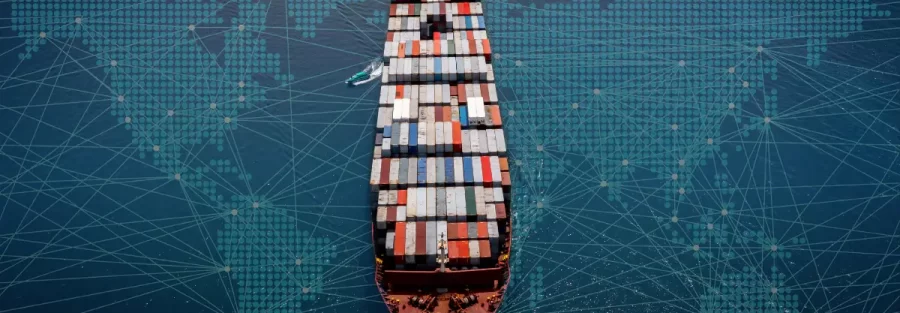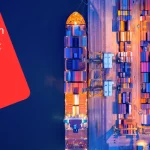SCOMET stands for special chemicals, organisms, materials, equipment, and technology. The Indian government uses this term to categorize and regulate the export of certain items that can have potential applications in military, nuclear, chemical, and biological warfare. The export of such goods is controlled to prevent their misuse. The SCOMET list is managed by the Directorate General of Foreign Trade (DGFT) under the Ministry of Commerce and Industry of India.
A SCOMET Declaration is an important document that exporters in India need to submit when they intend to export goods listed under the SCOMET category. It is part of the compliance process, which ensures that the export of sensitive items is monitored and controlled by national and international security measures.
Some of the critical components of the SCOMET Declaration include details of the exporters, consignee, and end-user, item description, purpose of export, license, permits, technical specifications, certifications, etc.
It is essential to ensure that exporters comply with national and international regulations during exports. SCOMET declaration helps prevent misuse of unique items, provides transparency in the export process and holds exporters accountable.
What is SCOMET Items
SCOMET (Special Chemicals, Organisms, Materials, Equipment, and Technology) items are specific chemicals, organisms, and technologies that are regarded as having the potential to be used for both military and civilian purposes. They could be used as weapons of mass destruction. Hence, SCOMET items are sensitive due to their potential use in legal and illegal manners. The Directorate General of Foreign Trade, under the Ministry of Commerce and Industry, Government of India, maintains and manages the SCOMET list, which is divided into different categories.
SCOMET Item Categories Explained
The SCOMET list has several categories covering sensitive technology and materials. These are explained below:
Category 0: Nuclear materials, nuclear-related other materials, equipment and technology
Category 1: Toxic chemical agents and other chemicals
Category 2: Micro-organisms and toxins
Category 3: Materials, materials processing equipment and related technologies
Category 4: Nuclear-related other equipment and technology not controlled under Category 0
Category 5: Aerospace systems, including production and test equipment, related technology and specially designed components and accessories.
Category 6: Munitions list
Category 7: Reserved
Category 8: Special materials and related equipment, material processing, electronics, computers, telecommunications, information security, sensors and lasers, navigation and avionics, marine, aerospace and propulsion.
Export Regulations for SCOMET Items
Exporting SCOMET items should be done in compliance with specific regulations and approvals, like the following:
- Exporting SCOMET items requires a license from the DGFT, which can be applied for through its online portal.
- The exporter must submit an application with detailed items to be exported and their end-use and end-user information.
- Government agencies, such as DGFT, the Ministry of Defence, and the Ministry of External Affairs, review the application to ensure it complies with national and international regulations.
- Government agencies like DGFT may require verifying the end-user to ensure that the items will not be used illegally.
- Exporters must ensure their activities comply with international treaties and regimes, such as the Wassenaar Arrangement, the Missile Technology Control Regime, and the Chemical Weapons Convention.
- Exporters must also submit post-shipment documents and compliance reports to DGFT to verify that the items are used for the declared purposes.
Conclusion
In conclusion, the SCOMET Declaration plays an important role in regulating the export of vital commodities from India, ensuring compliance with national and international safety norms Through guidelines issued by the Director General of Foreign Trade (DGFT) and other regulatory bodies have established compliance with -Strong regulatory environment factors that not only safeguard global security but also encourage transparency and accountability in international trade.
Exporters should strive to adhere to established procedures to ensure the responsible export of these critical goods, starting with obtaining licenses and sending documentation on cargo on post-export.




